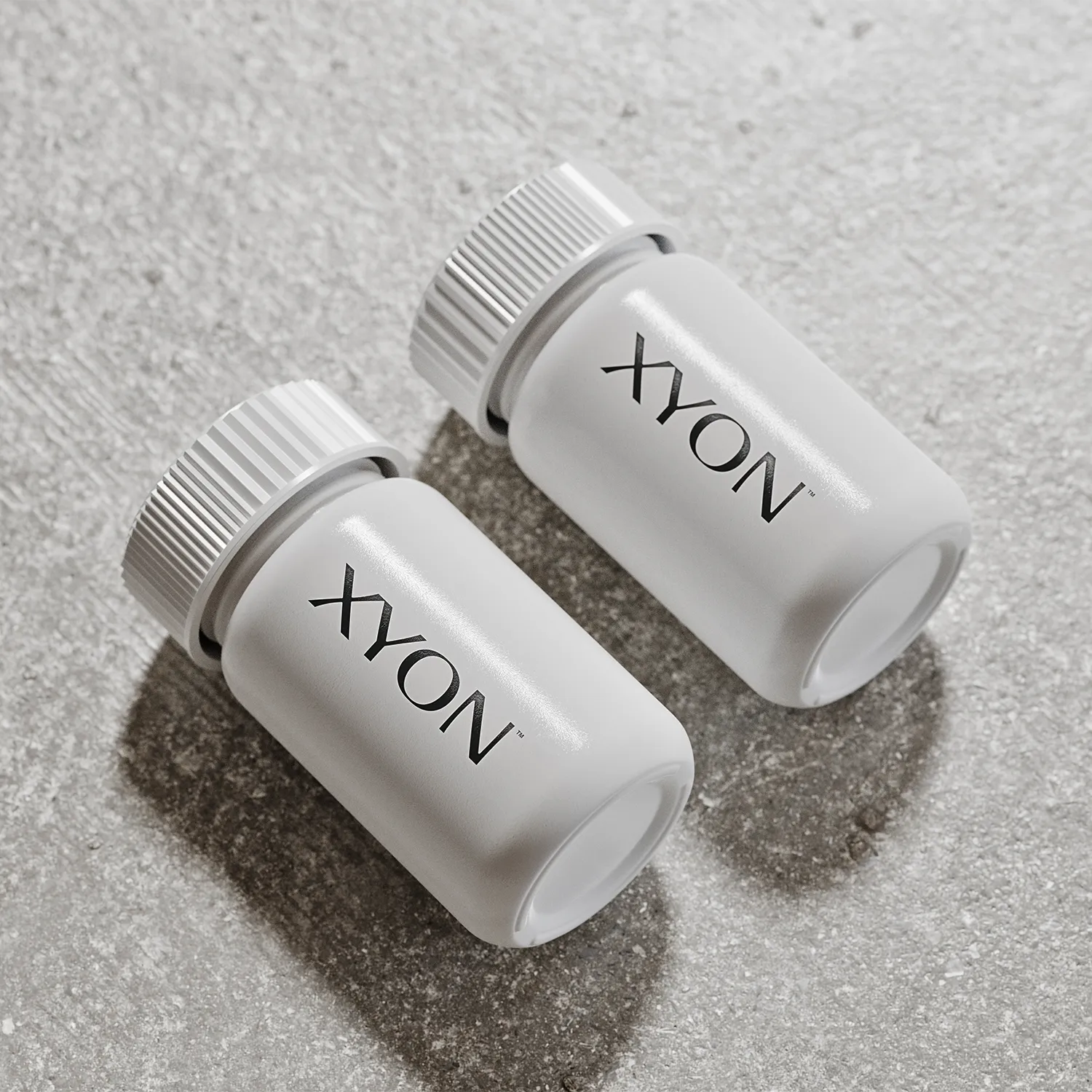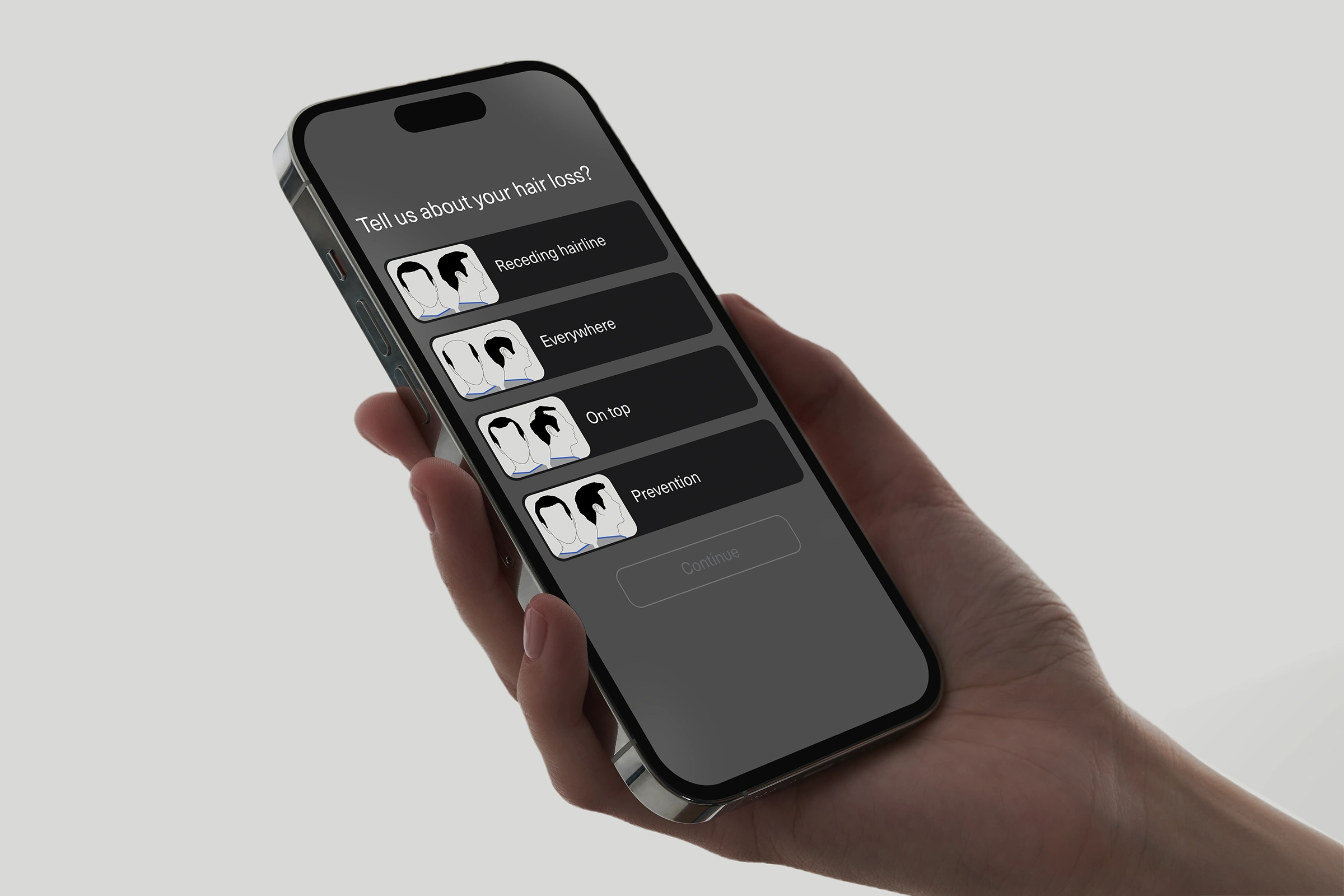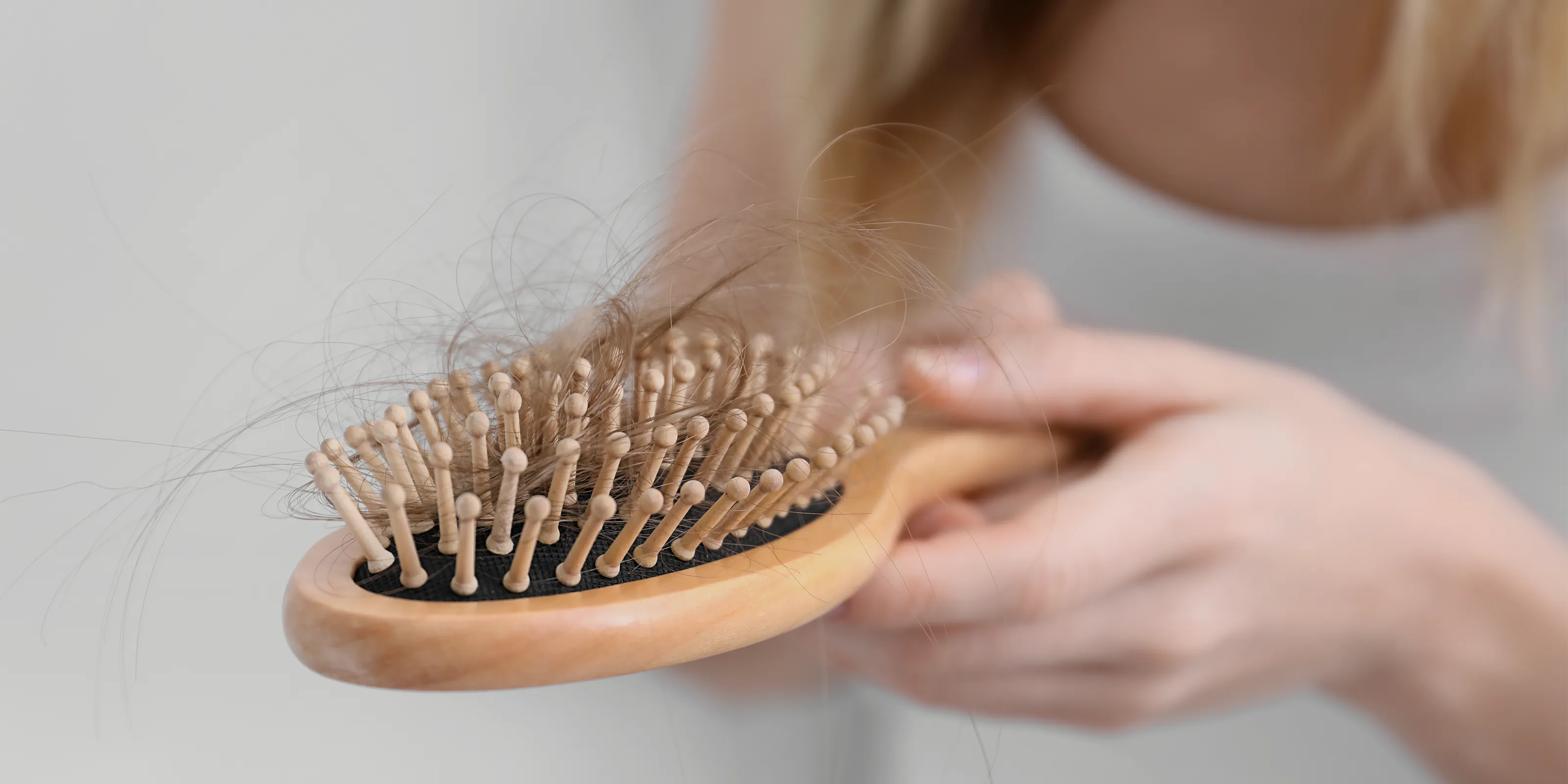


Spironolactone Tablets for Women
Stop hormonal hair loss and regrow your hair with this prescription solution for thinning hair in women. With just one pill a day, clinically-proven oral spironolactone lowers levels of the hormone known to cause pattern hair loss and reduces its impact on hair follicles. The result? Thicker, healthier hair.
About spironolactone
Spironolactone targets the male hormones testosterone and dihydrotestosterone (DHT). It can prevent hair loss by reducing the amount of these hormones the body makes and blocking their access to the hair follicles. This stops DHT from binding to the hair follicles and shrinking them to the point where they can no longer produce healthy hair.
How to use
Your doctor will prescribe a dosage schedule based on your unique needs. Typically it’s one tablet per day to be taken at the same time, with or without food.
Ingredients
Spironolactone: to stop hair loss from progressing and help it regrow by reducing hormonal effects on hair follicles.
How to access a prescription
- Share your hair goals via a virtual consultation.
2. A specialist doctor will review the info and photos you provide to decide if you’re a good fit for spironolactone.
3. If the doctor recommends the treatment, we'll deliver it to your door.
Important information
- Compounded medications are permitted to be prescribed in Canada, the United States, and Europe, but are not approved by a regulatory authority such as Health Canada, the US FDA, or the EMA.
- Compounded medicines are not subject to the safety, effectiveness, and manufacturing review required for approved medicines and should be used only when a physician judges that a compounded medicine offers a better risk–benefit ratio for a specific patient compared with an available approved treatment.
- Prescription medications require consultation with a licensed healthcare provider to determine the diagnosis and appropriate treatment plan. Individual response to medication will vary.
- Communications from XYON Health do not constitute medical advice, diagnosis, or treatment.

How does it work?
Treating female hair loss with spironolactone.
For 70-80% of women experiencing female pattern hair loss, spironolactone has been proven to stop it from worsening and give hair a chance to regrow. The result? Thicker, healthier hair.
Blocking hormone production
It reduces the production of male hormones like testosterone and dihydrotestosterone (DHT), which can trigger pattern hair loss.
Reducing hormonal effects
It stops DHT from binding to hair follicles and shrinking them to the point where they can no longer produce healthy hair.
Resources designed with you in mind.
The first stop in any hair loss journey is getting the information you need on potential causes and treatments. That’s why, we’ve worked with our knowledge experts to provide tailored guidance and answers on a variety of hair loss topics to help you move forward, confidently.
Stress-free care for you and your hair.
We’ve designed our process to ensure your treatment journey is simple and straightforward at every stage.

Easy Online Process
Get specialist support when you want it, at times that suit you.

Expert Solutions
Access world-class treatments made to meet and solve your individual needs.

Effortless Delivery
Set it and forget it. We take care of shipping your prescription and refills.


